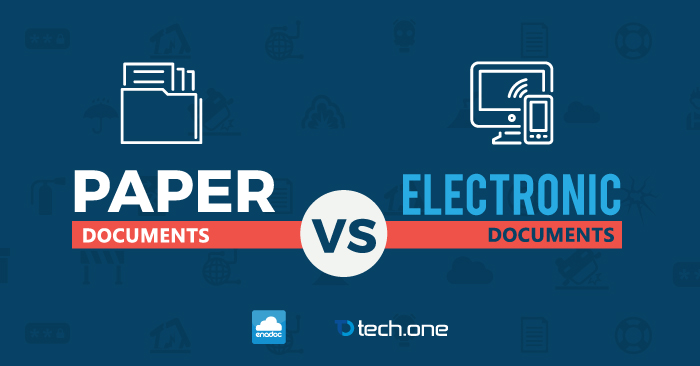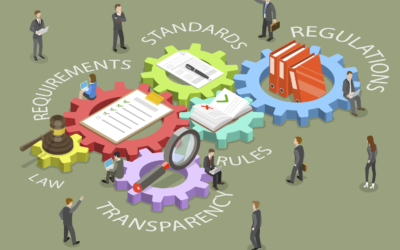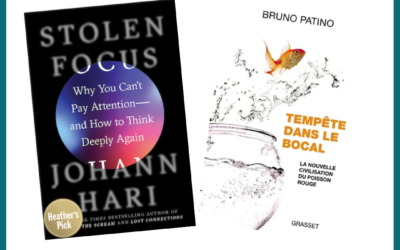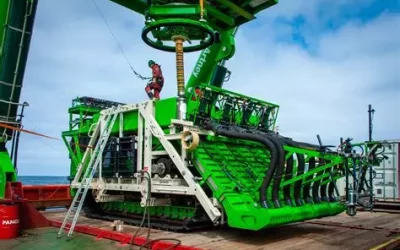Today, many employees wonder: what is the most climate-friendly option between printing out a paper document or accessing and sharing it online ? In other terms, what is the CO2, chemical and water consumption impact of each?
The answer is not easy. When asked ChatGPT is not very helpful, so here’s a more thorough look at this issue.

“Think about the environment, don’t print this e-mail“; “Help protect the environment by switching to digital invoicing!” : we are often encouraged to replace paper with a digital format, in the name of environmental protection. However, digital media does not necessarily have a lower environmental impact than paper, despite the Tech industry’s excellent lobbying: it all depends on our use of these documents and how they were produced.

CO2 Impact and Advantages of Paper Documents
First of all, paper allows you to keep data for an almost unlimited period of time. Despite all the advances in digital technology, computer hard drives are never safe from failure or incidents, just as online storage space and email addresses can be targeted by hackers.
Therefore, good old paper remains the most secure data storage medium over time.
Moreover, a user can come back to a paper document as many times as he/she wants, without this weighing on their energy footprint: looking at a paper invoice several times costs nothing, but opening it in digital format implies a new navigation, or even a download, knowing that the “weight” of a single Google search is already estimated at 10 grams in CO2 equivalent emissions.
However, the manufacture and delivery of (non-recycled) paper are resource-intensive steps: it is estimated that 20 million trees are cut down each year to produce paper, not to mention all the energy required to bleach, print and transport it.
Lifecycle analysis studies of paper and digital media show that it is really at the end of its life cycle, in other words the recycling of materials, that paper comes out on top. With efficient channels, it is much easier to recycle paper than the components of electronic devices. However, sometimes workplaces are not where paper is most recycled versus homes.
CO2 Impact and Advantages of Online Documents
There are of course numerous advantages that digital technology offers, especially in practical terms.
It allows quick consultation of online documents, offers ease of sending and access to an almost unlimited amount of information on the Internet. It is often much easier to search on the web or in your mailbox than in your paper archives. Just as it is much faster and cheaper to send an e-mail than to write a letter.
Unfortunately, online documents are not more environmentally-friendly than paper. Each viewing, sending, downloading and storing of a document are actions that consume energy: the same bill recorded in an email, on the disk of his computer as well as at the supplier multiplies by three this consumption.
Digital technology is not really immaterial, because to be able to view text or images, you need computers, tablets, cell phones and an internet connection… These devices demand mining rare minerals, which itself requires anormous amounts of water , significant energy and environmental destruction.
Additionally, compared to paper, they have the greatest environmental impact, in the use and recycling stages. Worldwide, only 17% of e-waste is recycled. This is a growing problem, given the trend of changing our devices regularly: on average, a smartphone is changed every 18 months, even if it is still in working order.
What’s the Verdict between the CO2 Impact of Paper and Online documents?
It is difficult to decide between the two formats, as it depends on use.
Many parameters come into play, such as the nature of the content, the number of readers, the types of storage, whether or not the paper is recycled, how often the device is replaced.
For an invoice, it is best environmentally to “go digital”, if you don’t print it and if you spend less than 30 minutes looking at it on a screen.
As for books, studies differ. According to studies by Carbone 4 and Cleantech, the “carbon dioxyde weight” of a book is estimated at between 1 and 7.5 kg of CO2 equivalent, compared to 150 and 250 kg for a tablet.
It would therefore be necessary to read more than twenty books per year on a digital reader for this digital book to be better environmentally. If you read less, it’s better to stick with paper books.
For articles like the one you are reading now, the environmental impact is roughly similar to the paper newspaper, but it also depends on the reading time (bonus: you can recycle the newsprint).
So remember, the shorter the viewing and storage time, the more suitable the digital format is.
To become better informed about sustainable Technology use, take part in a Digital Collage workshop in Canada.







